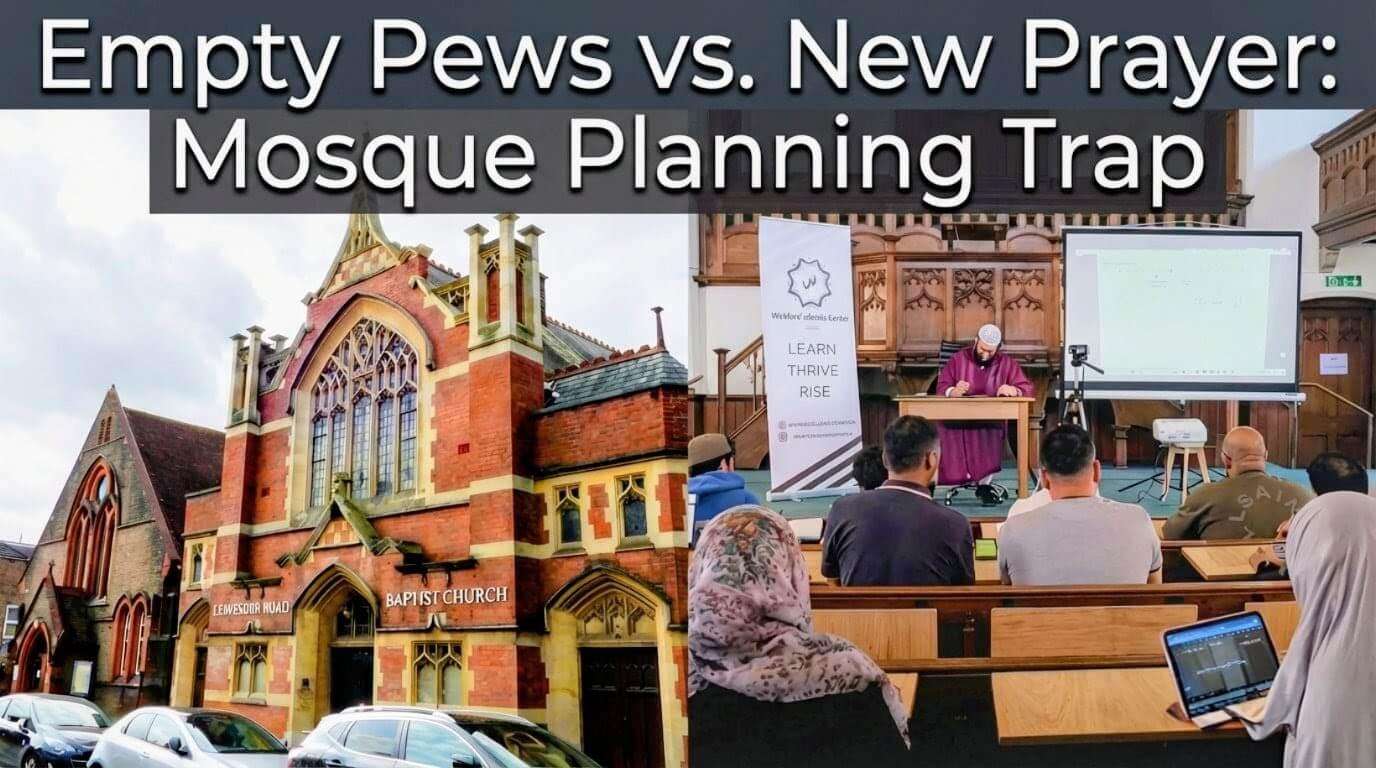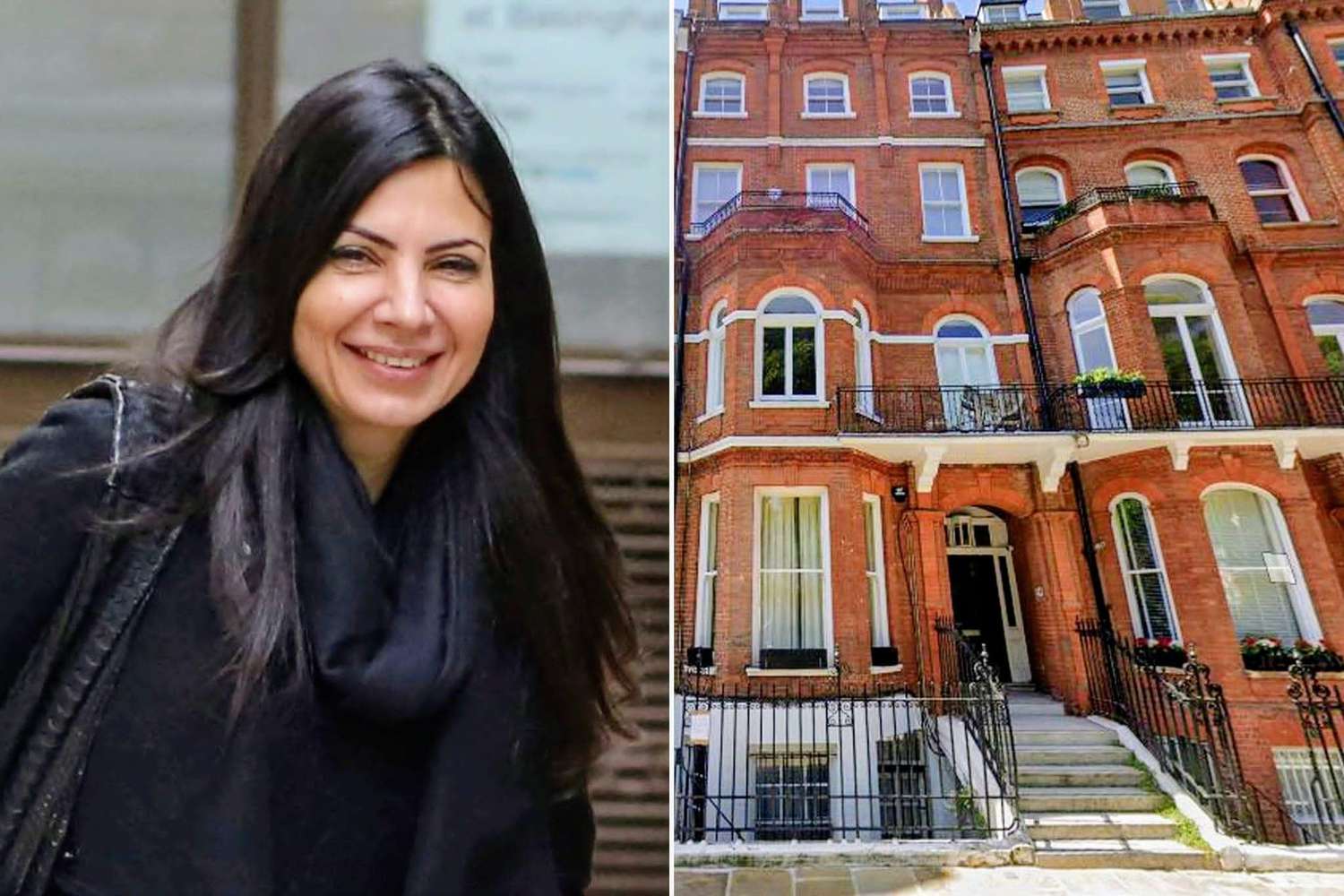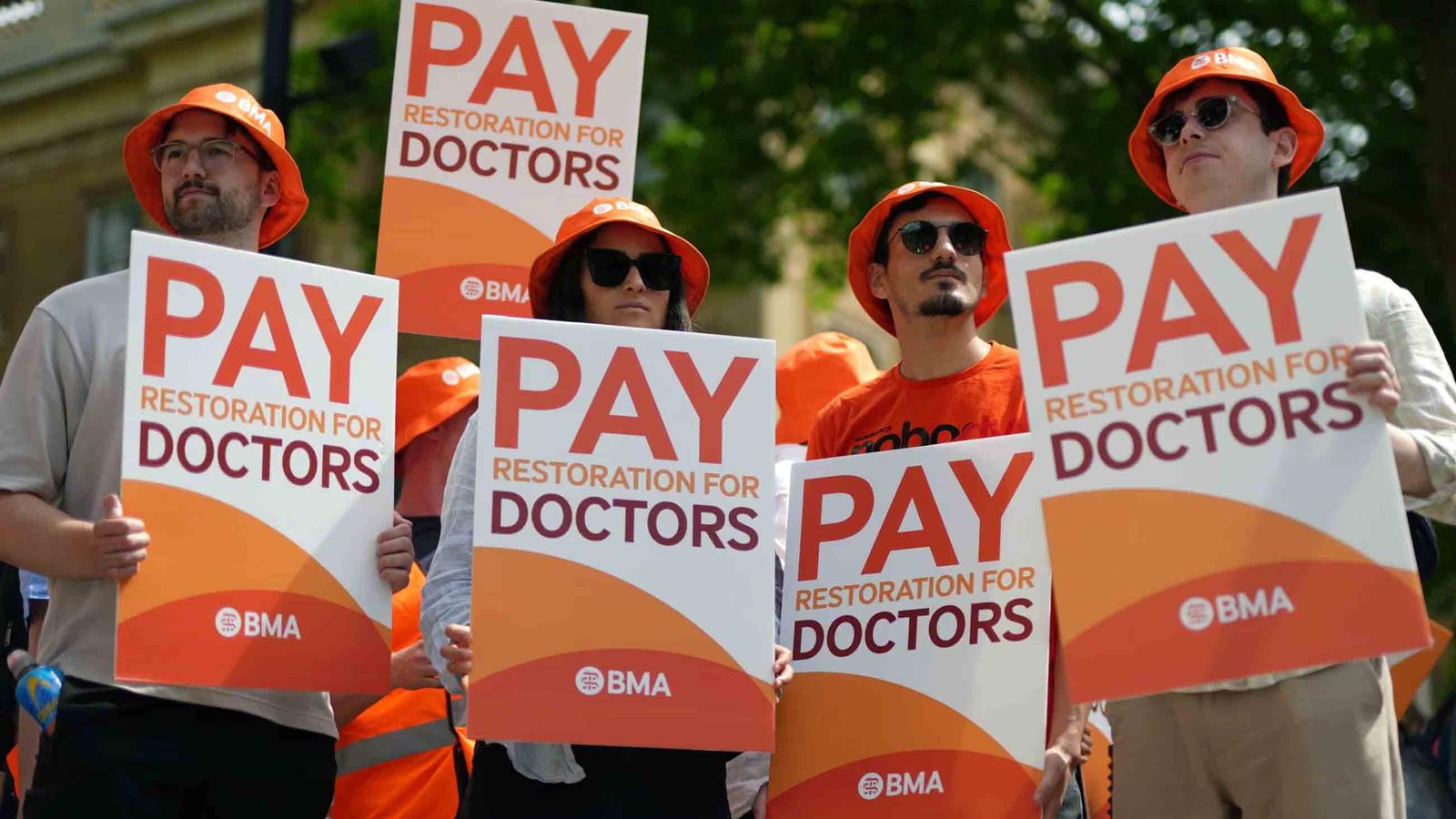Resident doctors in England have seen their pay fall between 4% and 10% in real terms since 2010–11, according to an independent review by the health thinktank Nuffield Trust. This finding is significantly lower than the British Medical Association's (BMA) long-standing claim that pay has dropped by 29% since 2008–09.
The BMA is demanding a 29% pay rise to return salaries to what it calls “full pay restoration.” However, Health Secretary Wes Streeting has dismissed this as “completely unreasonable,” especially after last year's offer of a 22% increase covering 2023–24 and 2024–25.
The Nuffield Trust highlighted that differences in baseline years, inflation measurements, and salary datasets can cause substantial variation in estimates. It defends its approach as the most reliable, noting that changes in earnings data collection began in 2010. It also echoed the Office for National Statistics' guidance against using the retail price index (RPI), which tends to overstate inflation, in favour of the more conservative consumer price index (CPI).
The report criticised flaws in the broader debate over doctors' pay, stating: “Too often, inflation has been misrepresented, basic pay confused with total earnings, and entry-level wages presented as the average.” It also pointed out that some pay returns to the government through taxes, a factor often ignored in cost calculations.
In response, the BMA said the analysis confirms a clear decline in doctors' real-term wages over the past 15 years. A spokesperson defended the use of RPI, arguing it better reflects the actual cost of living for doctors, including expenses like student loan repayments, car taxes, and rail fare increases.
The BMA added that even using the CPI measure, most of the UK workforce has now recovered their 2009-level earnings — but doctors are still behind.
The Nuffield Trust noted that over the last 40 years, NHS pay has gone through long periods of both increases and declines in real terms. Due to "loss aversion," pay cuts tend to be felt more intensely than pay rises, the report added.
Resident and consultant doctor salaries have started rising again in real terms since 2023, following a prolonged period of stagnation or decline. Looking further back, to the late 1990s and early 2000s, the analysis suggests that overall, doctors have kept ahead of inflation during that time.
Despite these recent improvements, the BMA plans to go ahead with a 12th round of industrial action. About 5,000 resident doctors (previously known as junior doctors) are set to strike from 7am on 25 July, following a breakdown in pay negotiations with the government.
As part of the talks, Streeting had proposed a new initiative to ease student loan burdens — which can exceed £100,000 for medical graduates — as an alternative to direct pay increases.
NHS England has advised hospitals to avoid postponing routine appointments and procedures unless patient safety is at risk. Its national medical director, Professor Meghana Pandit, acknowledged the disruption the strike would cause but urged patients to continue accessing services as usual.
However, BMA Council Chair Dr Tom Dolphin criticised NHS England’s position, calling it “irresponsible.” He argued that continuing with non-urgent care during strike days risks spreading already limited staff too thin and compromising patient safety. He called instead for senior doctors to focus on emergency and urgent cases.
The strike could also have economic implications. Barclays analysts predict that around 250,000 working days will be lost due to the walkout, potentially shaving 0.1 percentage points off the UK’s economic growth in the third quarter — enough to stall the economy’s momentum.
The Nuffield Trust report also outlined current pay levels:
-
A newly qualified resident doctor beginning their first year of postgraduate training earns a base salary of £38,831, which typically rises to about £45,900 once additional pay for unsocial hours, on-call duties, and regional supplements is factored in.
-
More experienced specialty registrars earn between £52,656 and £73,992 in base salary, rising to £80,500 when top-up payments are included.








.svg)

